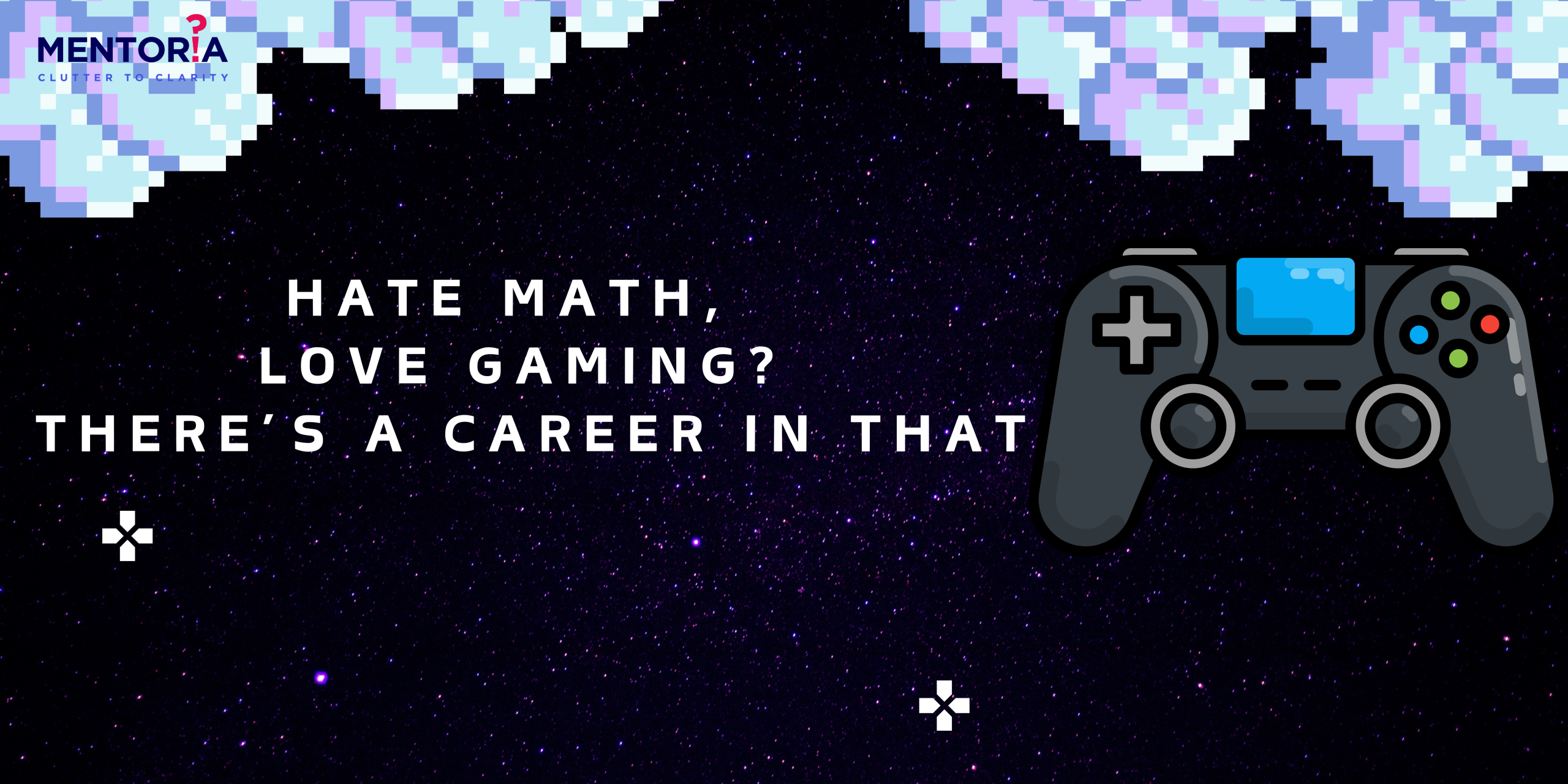Leading Agronomy Institutions in India: Nurturing a Sustainable Future

Agronomy is a branch of agricultural science that involves the study of crop production and soil management. In India, several prominent educational institutions offer specialised programmes in agronomy, enabling students to gain expertise in this field. These universities provide a comprehensive education, covering various aspects of crop cultivation, soil science, and related subjects. Here, we’ll explore some of the notable Indian colleges and universities renowned for their agronomy programmes, helping students pursue a rewarding career in agriculture.
Agronomy may be your calling if you’ve ever been fascinated by the idea of preserving the environment and drawing life from the soil. India, a country with a long history of agriculture, is home to several prestigious institutions and institutes where you can develop into an expert agronomic. The key to feeding the globe lies in agronomy, the art and science of crop production and soil management. You can start on a journey of discovery in this multicultural and dynamic nation, learning how to grow thriving crops and revealing the mysteries of the Earth.
Indian Agricultural Research Institute
The Indian Agricultural Research Institute, located in New Delhi, is an iconic institution at the forefront of agricultural research and education in India. Established in 1905, it has a rich history of contributing to agricultural development in the country. IARI’s primary mission is to enhance agricultural productivity, improve crop management, and develop sustainable agricultural practises.
IARI is renowned for its pioneering research in various agricultural disciplines, including agronomy. The institute’s agronomy department focuses on optimising crop yields, developing sustainable farming techniques, and improving soil health. It conducts extensive research on crop varieties, nutrient management, water resources, and pest control. This research has a significant impact on India’s agriculture, as it directly benefits farmers and addresses the nation’s food security challenges. IARI offers a range of academic programmes, including undergraduate, postgraduate, and doctoral degrees in agronomy and related fields.
IARI offers two-year master’s programmes in various fields such as agricultural biotechnology, agricultural chemicals, agricultural economics, agricultural engineering, agricultural extension, agronomy, animal science, dairy science, entomology, fisheries science, food science and technology, agriculture, genetics and plant breeding, horticulture, microbiology, nematology, plant pathology, soil science and agricultural chemistry. Eligibility for admission requires a bachelor’s degree in agriculture or a related field from a recognised university. The fee structure varies depending on the programme and the student’s nationality. Indian students typically pay around ₹10,000 per year, while international students pay around ₹20,000 per year. The curriculum includes coursework, research, and practical training, covering the latest advances in agriculture and related fields. IARI’s large, well-equipped campus includes state-of-the-art laboratories, classrooms, and libraries, as well as student amenities like hostels, sports facilities, a health centre, a bank, and a post office. The institute is committed to student welfare, providing academic counselling, career guidance, and financial assistance.
Punjab Agricultural University
PAU has a strong emphasis on agronomy research, focusing on crop management and improving agricultural practises. The university conducts cutting-edge research in areas such as crop varieties, soil health, pest management, and irrigation techniques. This research is instrumental in addressing the specific agricultural challenges faced by the region, particularly in the context of Punjab’s significant wheat and rice cultivation. PAU offers a wide range of academic programmes, including undergraduate, postgraduate, and doctoral degrees in agronomy and related fields. Students at PAU have the opportunity to gain hands-on experience in agricultural practises, which is invaluable for those seeking careers in agronomy and farming.
Punjab Agricultural University (PAU) offers bachelor’s and diploma programmes in agriculture, with bachelor’s programmes lasting four years and diploma programmes lasting two years. Eligibility for admission is 10+2 with at least 50% marks in Physics, Chemistry, and Mathematics/ Biology/ Agriculture. The fee structure varies depending on the programme and the student’s nationality. Indian students typically pay around ₹10,000 per year for bachelor’s programmes and ₹5,000 per year for diploma programmes, while international students pay around ₹20,000 per year for bachelor’s programmes and ₹10,000 per year for diploma programmes.
The curriculum at PAU combines coursework, practical training, and research, covering the latest advances in agriculture and related fields. Practical training provides hands-on experience in agricultural practices, while research projects allow students to apply their knowledge to real-world problems. PAU’s large campus features state-of-the-art laboratories, classrooms, and libraries, as well as student amenities like hostels, sports facilities and more. PAU is committed to student welfare, providing academic counselling, career guidance, and financial assistance. The university’s commitment to student welfare is evident in its well-maintained campus and student amenities.
Tamil Nadu Agricultural University
When it comes to agricultural science and agronomy, TNAU is seriously smart. They are delving further into pest management, eco-friendly farming, and crop breeding. So, if you’re curious and passionate about the environment, this is the place for you. TNAU has a ton of programmes available if you want to get your hands dirty (figuratively). They hold degrees in agronomy ranging from undergrad to doctoral level. You will gain knowledge outside of the classroom as well. All of that information is being shared by these guys. Sharing knowledge and keeping local farmers up to date with new farming techniques is what TNAU is all about.
Tamil Nadu Agricultural University (TNAU) offers bachelor’s, master’s, and doctoral programmes in agriculture and related fields, as well as diploma programmes in agriculture and allied subjects. Bachelor’s programmes are four years long, with options including B.Sc. (Hons.) Agriculture, B.Tech. (Agri. Engineering), B.Sc. (Hons.) Horticulture, B.F.Sc. (Fisheries Science), B.Sc. (Hons.) Food Science and Technology, and B.Sc. (Hons.) Forestry.
Diploma programmes are two years long, with options including Diploma in Agriculture, Diploma in Horticulture, Diploma in Animal Husbandry, Diploma in Dairy Science, and Diploma in Food Science and Technology. Eligibility for admission is 10+2 or equivalent with at least 50% marks in aggregate. The fee structure for bachelor’s and diploma programmes varies depending on the programme and the student’s nationality. Indian students typically pay around ₹15,000 per year for bachelor’s programmes and ₹10,000 per year for diploma programmes, while international students pay around ₹25,000 per year for bachelor’s programmes and ₹15,000 per year for diploma programmes. TNAU’s campus is well-equipped with laboratories, classrooms, and libraries, as well as student amenities like hostels and sports facilities.
Himachal Pradesh Agricultural University (HPAU), Palampur
One of HPAU’s specialities is high-altitude farming. In the Himalayan state of Himachal Pradesh, farming isn’t your run-of-the-mill affair. They’ve mastered the art of cultivating crops and fruits that can thrive in these steep, hilly landscapes, including apples, cherries, and other mountain-specific produce. If you’re a student who dreams of learning about agronomy in the shadow of the mighty Himalayas, HPAU is where your dreams come true. The university offers a range of academic programmes, from undergraduate to postgraduate and even Ph.D. degrees, ensuring that you’re well-prepared to tackle the unique challenges of mountain farming. HPAU is not just about books and lectures; they’re deeply ingrained in the local farming communities.
Himachal Pradesh Agricultural University (HPAU) in Palampur offers bachelor’s and master’s programmes in agriculture and related fields. Bachelor’s programmes are four years long, with options including B.Sc. (Hons.) Agriculture, B.V.Sc. & A.H., B.Tech. (Food Technology), and B.Sc. (Hons.) Agriculture Biotechnology. Master’s programmes are two years long, with options like M.Sc. Agriculture, M.V.Sc., M.Tech
Eligibility for admission is 10+2 with at least 50% marks in aggregate in Physics, Chemistry, and Mathematics/ Biology/ Agriculture. The fee structure varies depending on the programme and the student’s nationality. Indian students typically pay around ₹10,000 per year for bachelor’s programmes and ₹12,000 per year for master’s programmes. International students pay around ₹20,000 per year for bachelor’s programmes and ₹24,000 per year for master’s programmes.
HPAU is dedicated to student welfare, providing academic counselling, career guidance, and financial assistance. The university’s campus is well-maintained and equipped with various facilities, including academic buildings, research facilities, libraries, and student amenities.
The University of Agricultural Sciences, Bangalore
Commonly known as UAS, is a pioneering institution dedicated to the advancement of agricultural education, research, and extension services. Located in the vibrant city of Bangalore, UAS has been a key player in shaping the future of agriculture in India. UAS Bangalore stands out as a hub of agricultural research excellence. The institution conducts cutting-edge research in various agricultural disciplines, including agronomy, crop science, soil science, and plant breeding. This research is critical for the development of sustainable farming practises and the advancement of agricultural productivity.
UAS offers a wide range of academic programmes, including undergraduate, postgraduate, and doctoral degrees in agronomy and related fields. The University of Agricultural Sciences, Bangalore (UASB) offers bachelor’s, master’s, and doctoral programmes in agriculture and related fields. Bachelor’s programmes are four years long, with options including B.Sc. (Hons.) Agriculture, B.Sc. Horticulture, B.F.Sc. Fisheries Science, B.Sc. Food Science and Nutrition, B.Tech. Agricultural Engineering, Forestry, B.Sc. Sericulture, B.Sc. Agricultural Biotechnology, and B.Sc. Agricultural Economics. Master’s programmes are two years long, with options including M.Sc. (Agriculture), M.Sc. (Horticulture), M.F.Sc. Fisheries Science, M.Sc. Food Science and Nutrition, M.Tech. (Forestry), M.Sc. (Sericulture), M.Sc. Eligibility for admission is 10+2 with at least 50% marks in aggregate. The fee structure for these programmes varies based on the programme and the student’s nationality. The curriculum combines coursework, practical training, and research, covering the latest advances in agriculture and related fields. UASB is committed to student welfare, offering academic counselling, career guidance, and financial assistance in the form of scholarships, fellowships, and grants.
These institutions not only provide students with knowledge, but also see to it that this knowledge is applied to advance the agricultural industry. They have greatly aided India’s agricultural development and food security through research, academic initiatives, and community involvement.
These institutions continue to develop and adapt as the world’s agricultural concerns change, enabling the next generation of agronomists to meet the challenges of global food security, sustainability, and environmental conservation. They are the impetus behind an agriculture that will be more resilient and fruitful in the future, assuring the survival of our planet.
How Mentoria Can Help
Agronomy is a complex and challenging field, and agronomy institutions provide students with the knowledge and skills they need to be successful. Mentoria provides agronomy students with opportunities to network with other students, professionals, and employers in the field of agronomy. This can help students to learn about different career opportunities and make connections that can benefit them in their career. We also provide agronomy students in India with the support and resources they need to succeed in their academic and professional careers.









